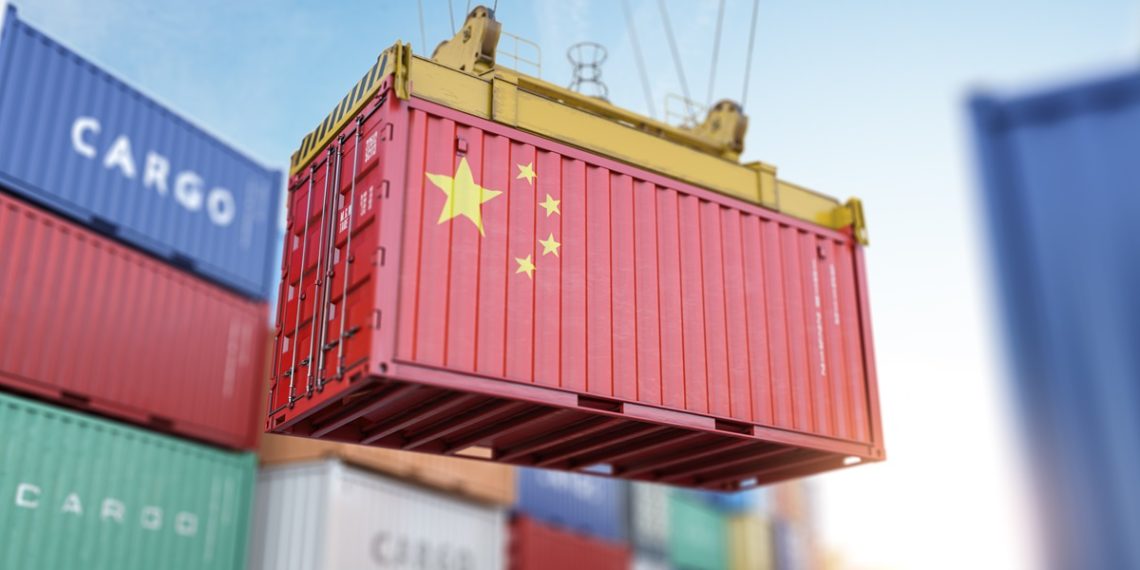At the start of the New Year, China adjusted its import and export tariffs on critical raw materials with aims to support local industries, in particular the electric vehicle (EV) sector. The Chinese Ministry of Finance announced on 21 December 2023 that the adjusted tariffs on selected metals, including aluminium and battery metals, would take effect from 1 January 2024.
As part of its efforts to promote advanced manufacturing, China removed or reduced import taxes on key raw materials essential for EV battery production. This includes the removal of import taxes on lithium chloride, lithium carbonate, nickel sulphate, and cobalt carbonate, all previously set at 5%.
Additionally, China eliminated the 3% import tax on low-arsenic fluorite, a crucial material for electrolyte production in lithium-ion batteries.
The EV giant also aims to boost its domestic new materials industry by removing the 30% export tax on high-purity aluminium alloy. This measure is expected to facilitate development in the local sector.
Industry insiders suggested to S&P that the reduction and removal of import taxes on critical raw materials will help lower production costs for China’s already booming EV industry, which is the largest in the world. China is also a major processor of key raw materials considered vital for the green energy transition along with energy security.
However, not all tariffs have been removed. China will continue to impose export tariffs on 107 commodities this year, including certain ferroalloys, metal scrap, copper, and nickel products. The country will also introduce provisional export tariff rates on 68 commodities. For crude nickel-cobalt hydroxide, a provisional import tax of 3% has been established for 2024.
In 2022, China allowed imports of raw nickel-cobalt hydroxide products obtained from processes such as pretreatment and leaching of lithium-ion battery waste containing nickel and cobalt elements. These imports have the same harmonized system code as mixed hydroxide precipitate.
It is noteworthy though that the country has and will remain strict on imports of used lithium batteries and black mass, prohibiting their entry into the country.












